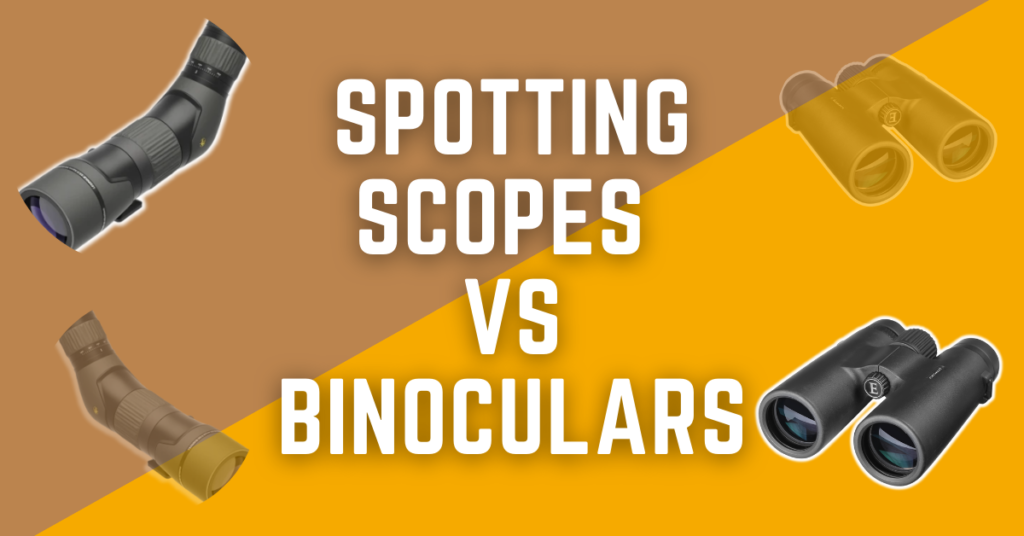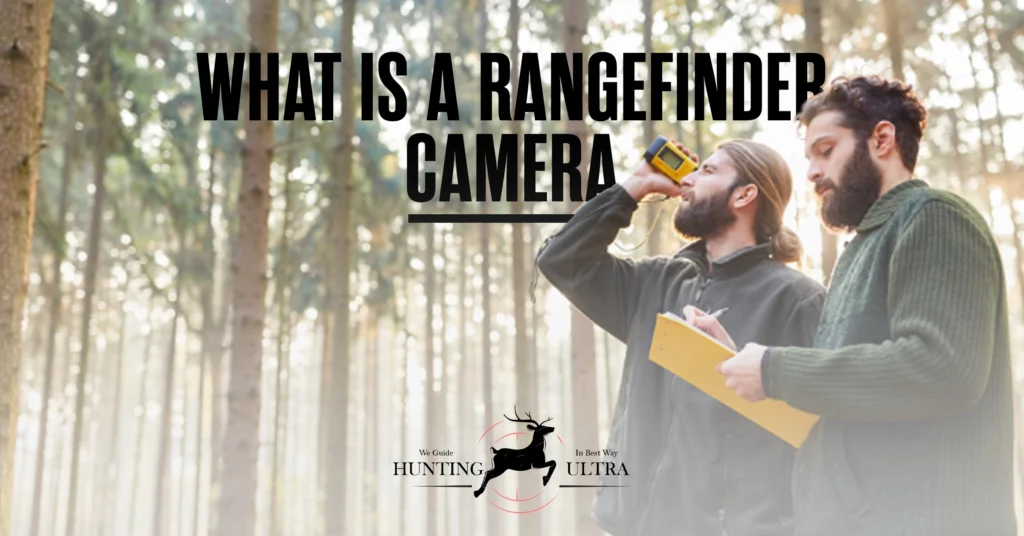When it comes to observing distant objects, binoculars and spotting scopes are popular optical devices. While they serve a similar purpose, there are notable differences between the two. In this article, we will explore the features and applications of binoculars and spotting scopes, helping you make an informed decision based on your specific needs.
What are Binoculars?
Binoculars are handheld telescopes designed for viewing distant objects. They typically offer a magnification range of 4x to 25x and provide a field of view of 60 to 100 degrees. The portability and lightweight nature of binoculars make them ideal for various activities such as bird watching, wildlife viewing, and sporting events. Their compact design allows for easy handling and quick adjustments, providing a versatile option for outdoor enthusiasts.
- Portability
- Versatility
- Wider field of view
- Ease of use
- Limited magnification
- Image stability
- Lower performance in low light conditions
What are Spotting Scopes?
Spotting scopes, on the other hand, are a type of telescope typically mounted on a tripod for stability. They offer higher magnification ranges, ranging from 10x to 60x, and have a narrower field of view compared to binoculars. Spotting scopes are especially suitable for long-range observation, making them preferred choices for target shooting, astronomy, and detailed wildlife viewing. Their ability to provide higher magnification makes spotting scopes indispensable for activities that demand closer inspection from a distance.
- High magnification
- Enhanced image quality
- Stability (when mounted on a tripod)
- Specialized applications
- Bulkier and less portable
- Narrower field of view
- Higher cost
- Learning curve for effective use
Spotting Scopes Vs Binoculars
Although binoculars and spotting scopes have distinct characteristics, they do share some similarities. Both devices utilize lenses to magnify distant objects, allowing users to observe them with clarity. Additionally, both binoculars and spotting scopes are equipped with eyepieces that enable users to view the magnified image comfortably.
Differences between Binoculars and Spotting Scopes
Several key differences set binoculars and spotting scopes apart:
- Magnification Range: Binoculars generally offer a lower magnification range compared to spotting scopes. This means that spotting scopes have the ability to magnify objects more significantly.
- Field of View: Binoculars typically have a wider field of view, allowing users to see more of the surrounding area when zoomed in. Spotting scopes, with their narrower field of view, are designed for focused, detailed observation.
- Weight and Portability: Binoculars are lightweight and designed to be portable, allowing users to carry them easily during outdoor activities. Spotting scopes, being larger and often mounted on tripods, are generally less portable and better suited for stationary observation.
Binocular and Spotting Scope Applications
Both binoculars and spotting scopes have various applications, but each device excels in different areas:
Binoculars:
- General Observation: Binoculars are versatile and perfect for everyday use, offering an excellent solution for general observation and sightseeing.
- Bird Watching and Wildlife Viewing: The wide field of view and portability of binoculars make them well-suited for bird watching and observing wildlife.
- Outdoor Activities: If you engage in activities like hiking, camping, or attending sporting events, binoculars are a convenient choice due to their lightweight and portable design.
Spotting Scopes:
- Long-Range Observation: Spotting scopes provide higher magnification and detailed viewing, making them ideal for long-range observation in activities such as target shooting or wildlife observation from a distance.
- Astronomy: Due to their ability to provide greater magnification, spotting scopes are often used by astronomy enthusiasts for stargazing and celestial observation.
- Specialized Bird Watching: Spotting scopes are suitable for bird watchers who may require high magnification and enhanced clarity while observing birds from a blind or fixed location.
Which one is Right for You?
To determine the right device for your needs, consider the following factors:
- Purpose: Identify the primary activity or purpose for which you require an optical device.
- Magnification: Determine whether higher magnification is crucial for your intended use.
- Portability: Assess the importance of having a lightweight and easily transportable device.
- Field of View: Consider the breadth of vision you desire when observing objects.
By evaluating these factors, you can make an informed decision on whether binoculars or spotting scopes better suit your needs.
Conclusion:
In conclusion, both binoculars and spotting scopes are valuable optical devices for observing distant objects. Binoculars are handheld, portable, and well-suited for general observation, bird watching, and outdoor activities. Spotting scopes, on the other hand, offer higher magnification and are ideal for long-range observation, target shooting, and astronomy. By considering your specific needs and preferences, you can choose the device that best fits your requirements.
FAQs:
Are binoculars or spotting scopes better for bird watching?
Binoculars are generally more popular for bird watching due to their portability, wider field of view, and versatility. However, if you require high magnification for detailed observation from a fixed location, a spotting scope might be a better choice.
Can I use binoculars for astronomy?
While binoculars can be used for basic astronomy, they are limited in terms of magnification and light-gathering capability. Spotting scopes or dedicated astronomical telescopes are more suitable for serious astronomy enthusiasts.
Do I need a tripod for binoculars?
Binoculars are designed to be handheld and typically do not require a tripod. However, for prolonged or steady viewing, especially at higher magnifications, using a tripod or other stabilization aids can enhance image stability.
Are spotting scopes more expensive than binoculars?
Spotting scopes generally tend to be more expensive than binoculars due to their higher magnification capabilities and specialized features. However, prices can vary greatly depending on the brand, quality, and specific features of each device.
Can I use binoculars or spotting scopes for indoor events like concerts?
Both binoculars and spotting scopes can be used for indoor events like concerts, but binoculars are generally more practical due to their portability and ease of use in crowded environments.
Also, read How to Fix Double Vision in Binoculars Step-By-Step Guide



